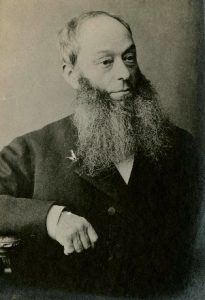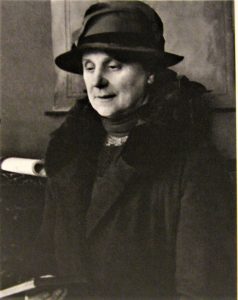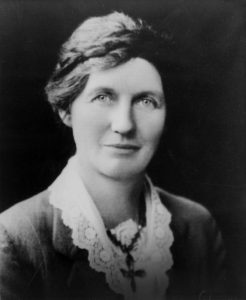Votes for Women: the House of Keys Election Act, 1881
Dr Mike Hoy, University of Huddersfield
6.00-7.00pm, Main Hall, University College Isle of Man (free admission, no booking required)
The story of Manx franchise reform in the late nineteenth century in the contexts of traditional women’s rights in early medieval and modern Scandinavia, the suffragette movement in Manchester and the campaign for female emancipation in New Zealand.
On 31st January 1881 women in the Isle of Man who owned property in their own right were given the vote. A record of the House of Keys debate which led to the new legislation was published in Robert Fargher’s radical Mona’s Herald, and this press report gives the impression that extending the vote to women was an afterthought casually inserted into the bill. But what really happened was very different.
In the summer of 1880 Lydia Becker, leader of the suffragette movement in Manchester, visited the Island and addressed five public meetings. She awakened in her audiences, mainly made up of women, a quiet determination to secure the franchise, and when the Keys addressed issues of franchise reform on 5th November 1880 the desire for change had taken hold across the Island.
The reformist lead in the debate was taken by Richard Sherwood, MHK for Glenfaba, who adopted a deliberately low key approach to catch any opposition unprepared. He simply argued that the word ‘male’ should be removed from the proposed legislation, since ‘as a principle of justice, taxation and representation should go together’, and he reinforced his case by naming a number of ladies well-known to members who were, he contended, far more deserving of enfranchisement than many male householders.
Sherwood proposed not only the enfranchisement of women, but also that they should be eligible for election to the House of Keys. When the vote was called the Keys carried the historic proposition by 16 to 3, and success seemed assured, but the reform was too radical for Governor Loch. He was unwilling to set Tynwald at odds with Westminster, and his Council forced an amendment which restricted the vote to spinsters and widows who owned property in their own right.
The Isle of Man Times angrily denounced this interference by ‘a collection of paid Crown officials’, but with a general election pending Sherwood and his supporters reluctantly accepted it, while insisting that the Keys’ advocacy of the principle of absolute parity of male and female suffrage should be recorded. And so single women, eligible by ownership of property, were enfranchised in the Isle of Man thirty-seven years before the Westminster parliament got round to it in 1918.
Dr Hoy will explore the historical context of this pioneering reform and show how the 1881 Act restored to women customary rights, such as ownership of property, which they had enjoyed in the time of the Kingdom of Man and the Isles in the tenth and eleventh centuries. The lecture will also examine the suffrage movement in New Zealand, and will compare the elections, in 1933, of Marion Shimmin, the first woman MHK, and Elizabeth McCombs, the first woman elected to the New Zealand Parliament.
Dr Mike Hoy’s lecture, ‘Votes for Women: The Isle of Man Election Act 1881’, takes place at 6pm on Wednesday 13th December in the Main Hall at University College Isle of Man (Homefield Road).
Back to the 2017-18 Lecture Series.



